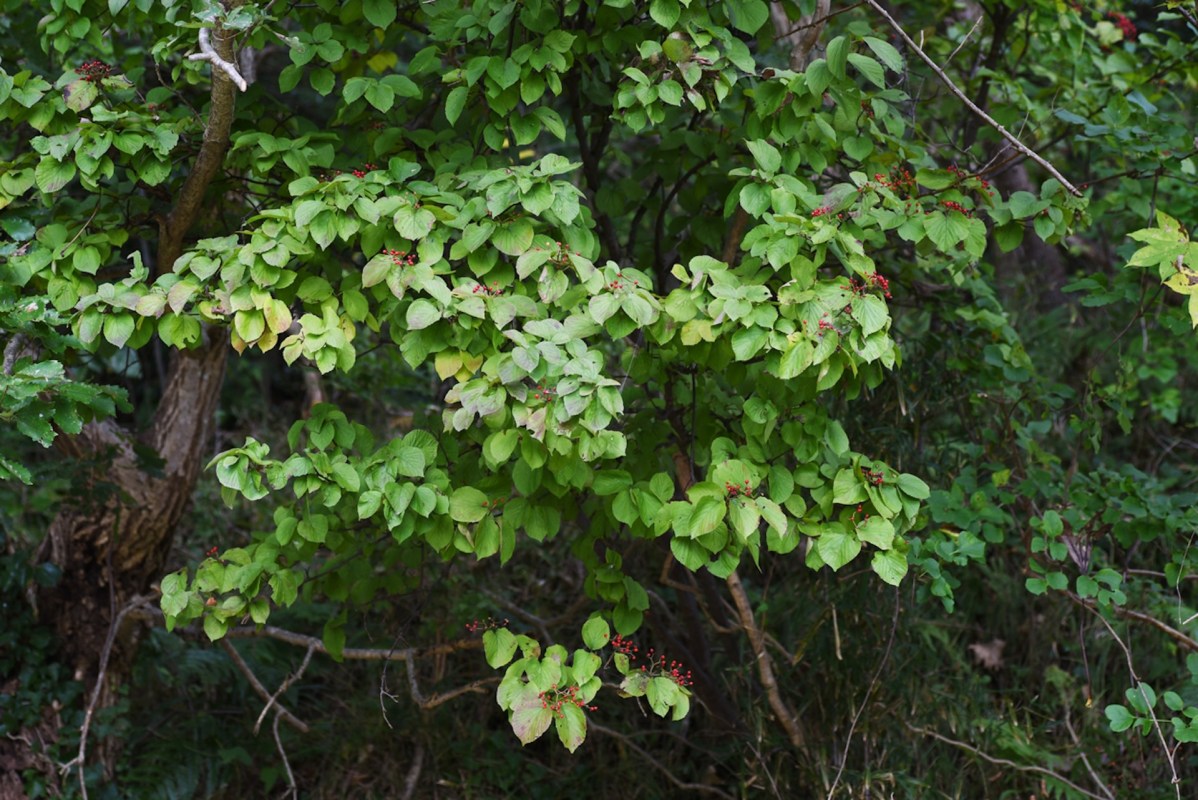A gardener thought she found a good deal on some plants, but it turned out that one of them carried significant consequences.
A Reddit user posted in the r/NativePlantGardening subreddit that a 75% off deal at her local garden center influenced her purchase, but one item ended up being an invasive species.
"Unfortunately after doing some research I found out one of the plants is invasive, viburnum dilatatum," she wrote. "I've looked at viburnums so much I always just assume they're native, and I was super excited to find it, but turns out it's actually native to Asia."
An invasive species is any plant or animal placed in an area it's not native to that causes harm to the environment or public health. Invasive.org explained why viburnum dilatatum, a berry-bearing plant, is considered an ecological threat.
"Shrubs can grow over 15 ft. high in thickets that cast dense shade, suppressing native shrubs, small trees and herbaceous vegetation," the website stated. "A dense cover of young plants produced from seed and vegetative re-growth often blankets the ground in infested areas. Linden viburnum leafs out earlier in the spring and keeps its leaves later into the fall than most native vegetation, giving it a competitive advantage."
After realizing her mistake, the gardener sought advice on what she should do with the plant and expressed a reluctance to part ways with it.
"Thankfully it was on sale for only $12 but I am wondering if I should just get rid of it. It kills me to get rid of a plant I bought, especially such a pretty one I was so excited to get," she wrote before asking, "Does it have any redeeming properties like is it edible?"
Reddit users offered advice, but there was no simple solution to the gardener's conundrum. The plant appeared to be too big to take inside. One commenter suggested she look to exchange it, which she replied she would try to do. Other viable options were presented as well.
"I also hate killing plants, but I feel a bit better when I can compost them and they head back into the soil cycle," a commenter wrote. "If you can't return it, perhaps solarize and add it to the compost bin, or send it to your city's green bin program if you don't have your own."
Another commenter suggested that she rip the Band-Aid off and dispose of it because of its potential to spread to other areas.
"They are popping up more frequently in parks around here," the commenter stated. "I would kill it. The birds spread the berries so it's not like the reseeding will be limited to your yard."
Join our free newsletter for easy tips to save more, waste less, and help yourself while helping the planet.









